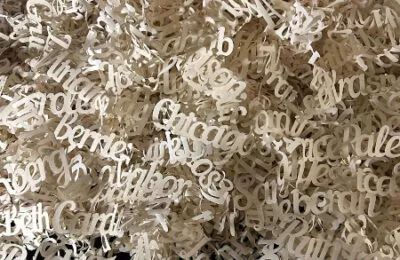One morning an IJN staffer awoke with cold-like symptoms:lethargic, even after two cups of coffee; headache; stuffy nose; a fog-encased brain. You know the drill. Scheduled to cover “Rembrandt: Painter as Printmaker” at the Denver Art Museum in a few hours, the staffer considered cancelling. But . . . too late. So the staffer walked two blocks in 38º, the pocketbook stuffed with Kleenex just in case.
An hour later, the staffer departed this mesmerizing exhibit in high spirits, but not merely due to Rembrandt’s astonishing art. The staffer’s cold, or whatever it was, had disappeared. In retrospect, the recovery was attributed to the curator, an astute academic with a “you don’t see it coming” barrage of humor.
As the staffer studied the prints and met their underlying stories, laughter could not be suppressed. Laughter. Beyond any cold remedy on the market, laughter did the trick. The curator cured the cough.
So why are we telling you this? There’s an article on Page 17 of this week’s IJN about clowns — medical clowns.
“When clowning around on the job is a good thing” cites a study showing that medical clowns lower pediatric patients’ anxiety during invasive procedures.
In other words, clowning — a costumed, smiling, laughing person making believe — relaxes the child. Humor eases the nerves.
Our IJN staffer, although far from a child, is now a firm empirical believer in the oft-cited mind-body connection. Laughter may not solve all of the afflictions that flesh is heir to, but it has its moments. Many of them.
So, if you accidentally singe your finger lighting a candle this Chanukah — may it not happen! — try laughing it off. You never know.
Copyright © 2018 by the Intermountain Jewish News
















